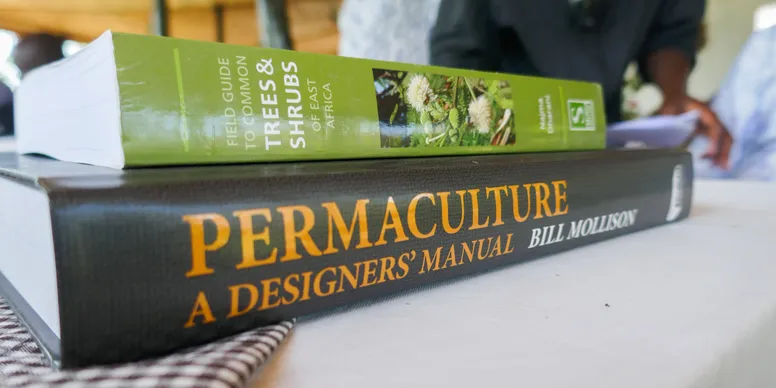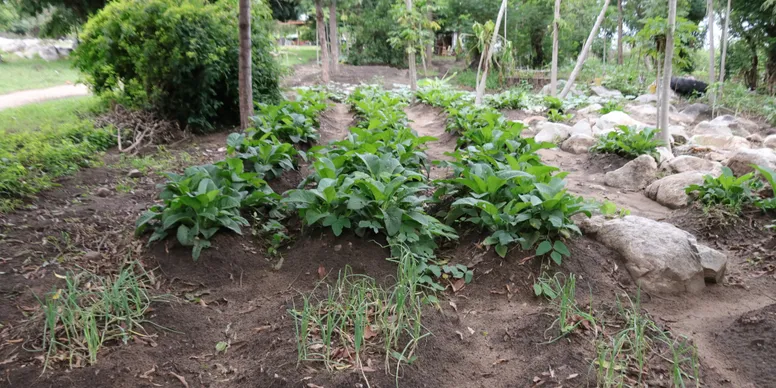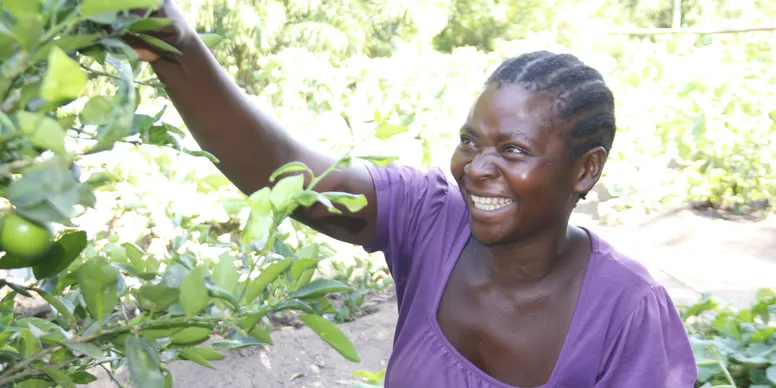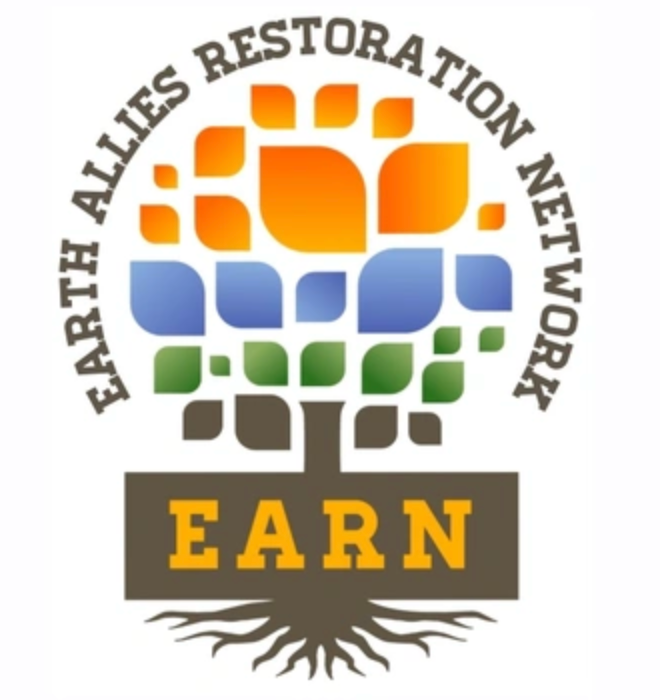PERMACULTURE
“Permaculture is a philosophy of working with, rather than against nature; of protracted and thoughtful observation rather than protracted and thoughtless labor; and of looking at plants and animals in all their functions, rather than treating any area as a single product system.”
Bill Mollison
OVERVIEW
Permaculture (derived from the concept of “permanent agriculture”) is a type of sustainable or Regenerative Agriculture that seeks to replicate nature in a food producing farm.This form of agriculture includes integrating a variety of perennial trees and plants with more traditional crops to increase variety and quantity of produce, improve soil quality, help with water retention, extend harvest seasons, and combat deforestation by introducing large quantities of trees in areas that are typically slashed for more conventional methods of farming.
By transforming pieces of land into a rich, permaculture-based farm, people are better cared for (by having more and varied foods), the planet and general environment in an area become healthier (by reducing chemical usage and returning valuable nutrients and water to the soil), and farmers have enough excess to sell for a profit.

What is Permaculture?
Permaculture is a design system that aims to create sustainable and resilient human habitats by following nature’s patterns. It is based on a set of principles and ethics that guide the design of landscapes, buildings, communities, and other systems that support human and ecological well-being. Permaculture seeks to integrate rather than segregate, to cooperate rather than compete, and to regenerate rather than degrade the environment. Permaculture is not a fixed set of rules or techniques, but a creative and adaptive process that can be applied to any situation or scale.

Industrial Agriculture vs. Permaculture
Industrial agriculture and permaculture are two different approaches to food production. Industrial agriculture relies on large-scale monocultures, synthetic fertilizers and pesticides, and mechanized harvesting and processing. Permaculture, on the other hand, is a design system that mimics natural ecosystems and promotes biodiversity, organic methods, and human-scale interventions.

Why is Permaculture important?
We must begin to create sustainable and self-sufficient systems that meet human needs while respecting and enhancing the environment. Permaculture is based on a set of principles that guide the design process, such as observing and interacting with nature, using renewable resources, minimizing waste, and integrating rather than segregating elements. Permaculture can be applied to any scale, from a balcony garden to a farm or a city.
